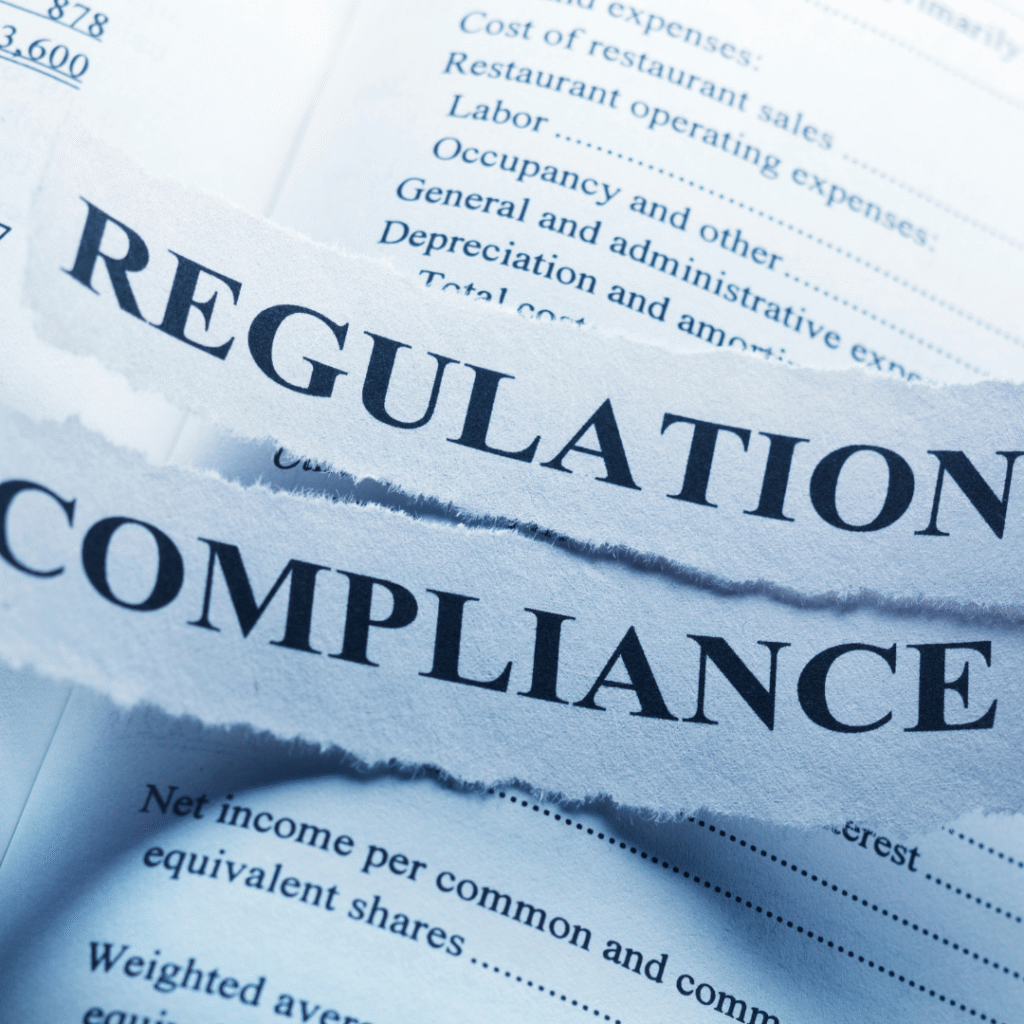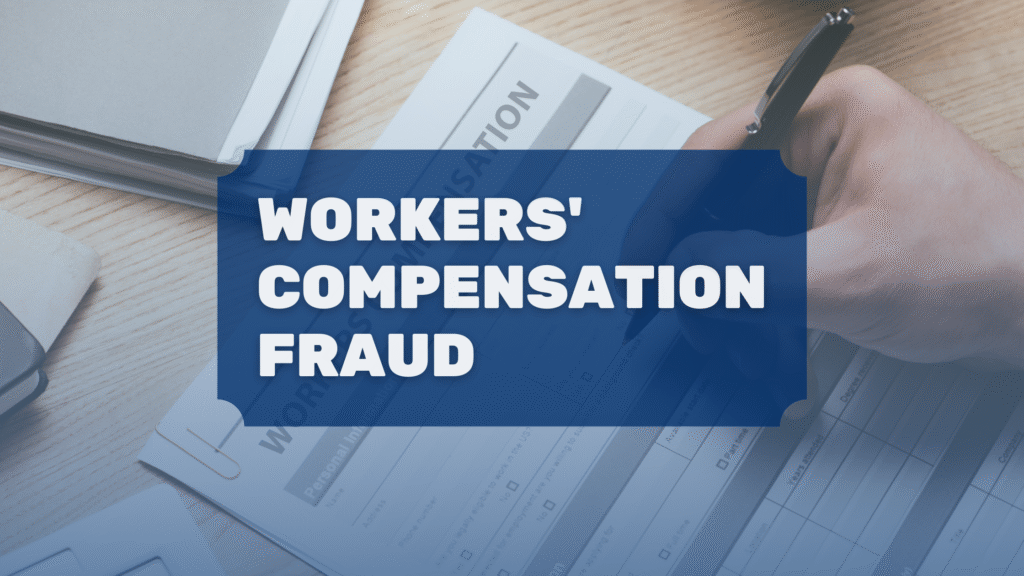July 25, 2025 | JacobiJournal.com – The National Health Care Fraud Data Fusion Center, jointly operated by the Department of Justice (DOJ) and Department of Health and Human Services (HHS), is rapidly transforming how federal authorities investigate and prosecute healthcare fraud. While first announced in late June, recent enforcement actions confirm the center’s pivotal role in accelerating the detection of fraudulent activity across Medicare, Medicaid, and telehealth platforms.
How the Data Fusion Center Strengthens Fraud Enforcement
The Data Fusion Center integrates real-time data analytics from multiple government agencies, enhancing the False Claims Act Working Group’s ability to identify anomalies, track financial flows, and connect disparate fraud schemes. This approach allows authorities to proactively flag high-risk providers and patterns before significant losses occur.
The center’s work has already supported the 2025 National Health Care Fraud Takedown, which charged 324 defendants in schemes totaling $14.6 billion, including $1.17 billion in telehealth and genetic testing fraud. These figures represent the largest coordinated enforcement effort in healthcare fraud to date, demonstrating the fusion center’s growing impact.
Impact on Telehealth Compliance and Analytics
Telehealth providers, laboratories, and billing entities face heightened scrutiny as the fusion center applies advanced data analytics to monitor compliance. Organizations involved in telemedicine are particularly vulnerable, with the DOJ leveraging the center’s insights to trace billing irregularities linked to genetic testing scams and telehealth consults.
This proactive enforcement model marks a shift from reactive investigations to continuous surveillance of healthcare transactions. As a result, companies in the healthcare sector are advised to strengthen their internal compliance protocols and regularly audit billing practices to avoid becoming targets of federal investigations.
For more information on how healthcare fraud is tracked and prosecuted, visit the DOJ Health Care Fraud Unit resource page.
What’s Next for the National Health Care Fraud Data Fusion Center
Officials from both the DOJ and HHS suggest that the fusion center will continue to evolve, incorporating artificial intelligence and cross-border data sharing to combat increasingly sophisticated fraud schemes. Upcoming enforcement waves are expected to target providers exploiting risk adjustment models, prescription fraud, and unregulated telehealth services.
With billions at stake, the center’s data-driven strategy is poised to redefine federal fraud enforcement, holding providers and corporations to higher standards of accountability.
FAQ: National Health Care Fraud Data Fusion Center
What is the National Health Care Fraud Data Fusion Center?
The National Health Care Fraud Data Fusion Center is a joint initiative by the DOJ and HHS that uses real-time data analytics to detect and prevent healthcare fraud across Medicare, Medicaid, and telehealth services.
How does the fusion center impact telehealth providers?
Telehealth providers are under increased scrutiny as the fusion center analyzes billing data to identify fraudulent or non-compliant practices, especially in genetic testing and telehealth consultations.
What were the results of the 2025 healthcare fraud takedown?
The 2025 enforcement action charged 324 defendants with healthcare fraud schemes totaling $14.6 billion, with a significant portion linked to telehealth and genetic testing scams.
Which schemes were uncovered by the fusion center?
Authorities identified transnational networks billings exceeding $10.6 billion in DME fraud (Operation Gold Rush), telehealth/genetic testing fraud, opioid-related kickbacks, and false hospice claims.
Where can I report suspected healthcare fraud?
Reports of healthcare fraud can be submitted to the HHS Office of Inspector General (OIG).
Stay informed on healthcare fraud enforcement and telehealth compliance developments. Subscribe to JacobiJournal.com for the latest insights on regulatory actions and industry risks.
🔎 Read More from JacobiJournal.com:
- Uber Sues Over Racketeering Injury Claims Fraud in LA Medical-Legal Mills
- Insurance Executive Fraud: Bay Area CEO Pleads Guilty in $20 Million Conspiracy Case
- DOJ Probes $1B UnitedHealth Medicare Advantage Fraud Over Coding Practices
- Bonita Man Pleads Guilty in $5.8M Medicare DME Fraud Scheme
- $14.6B Healthcare Fraud Sweep Expands with California Indictments





